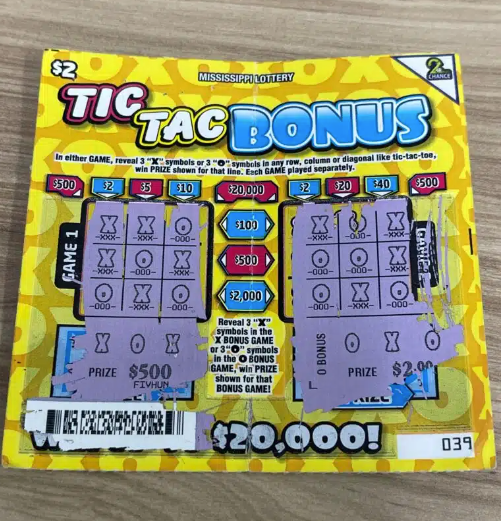Number of offenders serving prison time up slightly
Published 12:00 am Sunday, August 5, 2012
Adams County District Attorney Ronnie Harper said his office does not make plea deals with offenders, nor does the district attorney’s office make sentencing recommendations to judges.
Judges have full discretion for sentencing. However, if an offender has multiple charges or enhanced charges, Harper said his office sometimes dismisses certain charges or enhancements as an incentive for offenders to plead guilty.
In the cases resolved from April to July, 10 cases were non-adjudicated, meaning the judge rejected a guilty plea. In most of these cases, the offenders had the opportunity to wipe the charge from their record if they successfully comply with specific instructions from the judge.
For example, Johnson rejected the guilty plea of Shomari Kente Jenkins, 28, who pleaded guilty to felony embezzlement. Jenkins, a former Tractor Supply employee, reportedly embezzled $15,000 from the store by giving away merchandise to 16 friends.
The embezzlement charge was non-adjudicated after Johnson ordered Jenkins to pay restitution of $15,000 and withheld the guilty plea pending three years of good behavior.
Johnson’s seven sentences involving prison time in recent months totaled 36 years and one month, with an average sentence of five years and four months.
Sanders’ 10 sentences totaled 109 years and three days, with an average sentence of 10 years and 11 months.
Of the seven people to whom Johnson gave time, four were already on probation, and their probation was revoked.
Of the 10 people Sanders sentenced, four of them had their probation revoked.
For both judges, probation revocations accounted for the majority of the total years they sentenced offenders to serve.
In most cases, probations were revoked after probationers were arrested for an additional felony or had tested positive for drugs.
In the case of Steven Woods, his probation was revoked for — among other reasons — associating with people with disreputable reputations. Woods was reportedly in the car with alleged murder suspect Cedric Dewayne Ward during the April 1 fatal shooting of Cleveland Ezell Wilson. Sanders revoked Woods’ probation in June, sentencing him to serve the 25 years in jail that she suspended Sept. 1.
Mayfield said at the time of the initial sentence that Woods was one of the largest-scale drug dealers in the county.
Excluding probation revocations, only nine defendants received time on a new felony indictment from either judge.
For cases involving prison time — excluding probation revocations — Johnson gave three years to an offender who was originally indicted for robbing a woman older than 65, one year to a offender who was indicted for sale of cocaine in a church zone and one month to an offender who was originally indicted for sale of cocaine in a school zone.
Sanders gave 10 years to a man who was originally indicted for robbing a disabled person, 12 years to a man who was indicted for child fondling, 10 years for a man who was indicted for possession of cocaine and possession of a weapon by a convicted felon, 10 years for a man who was indicted for two counts of sale of cocaine in a school zone, three years for a man who was indicted for sale of marijuana with a habitual offender enhancement and possession of marijuana with intent to distribute and five years for a man who was indicted for possession of hydrocodone in a school zone.
In addition to the 17 offenders sentenced to serve time, Sanders sentenced three offenders to serve only one day, with the remaining sentence suspended, plus a period on post-release supervision.
Anyone who has a prior conviction is not eligible by law to receive probation, Harper said, but he said the law is unclear whether a minimum sentence of more than one day is required.
By serving any time — even one day — the offender can be sentenced to PRS rather than probation. The difference between PRS and probation is technical, because PRS comes after prison.
For punitive purposes, though, PRS and probation are the same, Harper said, in that they require the same amount of supervision and restrictions.


